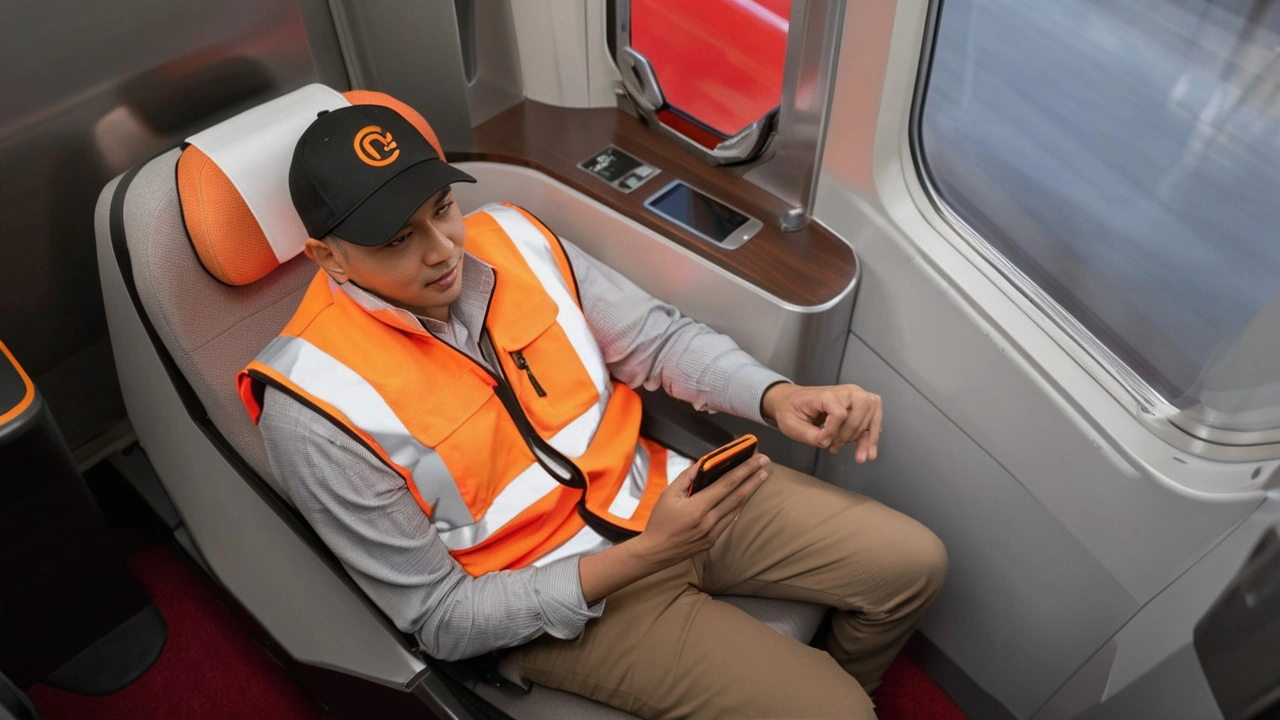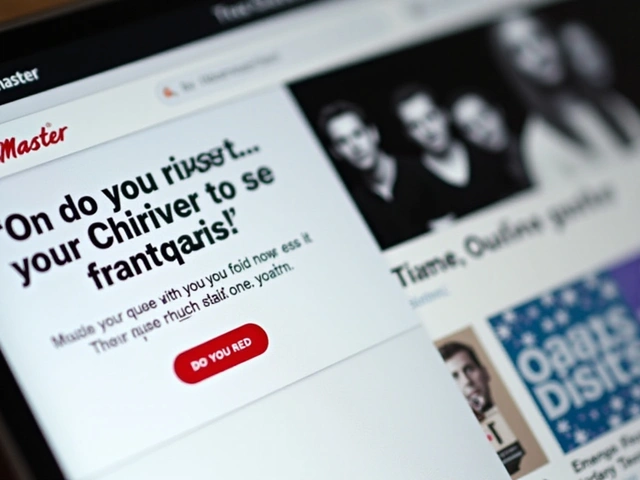Kenya transport: what’s changing and what you should know
Kenya's transport scene moves fast. Roads are being upgraded, rail links are expanding, Mombasa remains a key port, and city travel keeps evolving with apps and regulation. If you live here or plan to travel, this page rounds up the most useful updates and advice so you stay informed and avoid surprises.
Major projects to watch
The Standard Gauge Railway (SGR) reshaped long-distance travel between Nairobi and Mombasa. Now attention is on planned extensions and better freight links to reduce road congestion. Ports matter too: Mombasa handles most imports and any slowdown there can push up shipping times and costs. Watch for announcements from Kenya Railways and the Kenya Ports Authority about capacity upgrades and new terminals.
Road upgrades keep coming. National and county works focus on key corridors to cut travel time and improve access to towns. That means occasional closures and detours—check local county transport notices before you travel. City bus projects and dedicated lanes aim to ease morning and evening jams, especially in Nairobi and Kisumu.
Practical tips for commuters and travellers
Want to save time? Use ride-hail apps like Uber and Bolt for short trips, but compare prices during peak hours. Matatus are often the fastest option on busy routes, yet they vary widely in comfort and safety. Look for vehicles with visible licensing and working seat belts. For long trips, SGR trains are more predictable than road travel during heavy rains or holidays.
Flying domestically? Check flight status early. Airports can have delays during peak holiday seasons. For imports or exports, contact your freight forwarder before booking to confirm berth availability at Mombasa; delays there still ripple through supply chains.
Stay on top of rules. NTSA handles driver licensing and roadside enforcement. Many public service vehicles use speed governors and tracking systems—if a driver seems unsafe, report them through the app or to NTSA. For heavy vehicles, confirm permits and weight limits with local authorities to avoid fines and delays.
Thinking about electric mobility? Cities are slowly adding charging points and incentives. If you’re considering an electric vehicle, map charging stations first and plan routes with range in mind. For bikes and scooters, use designated lanes where available and wear a helmet.
Policy and leadership shifts affect delivery of projects. Changes at government agencies can slow decisions and alter timelines. Keep an eye on official announcements so you’re not caught off guard by cancelled or rescheduled works.
Want news as it breaks? Follow this tag for timely stories on Kenya transport—project updates, safety alerts, commuter hacks, and policy shifts. Bookmark the page and check back regularly to stay ahead on the road, rail, sea, and air.
Travelers using Kenya's Standard Gauge Railway premium services will need to pay Sh24,000 for a round-trip ticket. The new fare was announced on July 23, 2024, in Nairobi. This update aims to enhance user experience and offer exclusive amenities.
Recent-posts
Dec, 9 2024
Jul, 17 2024






